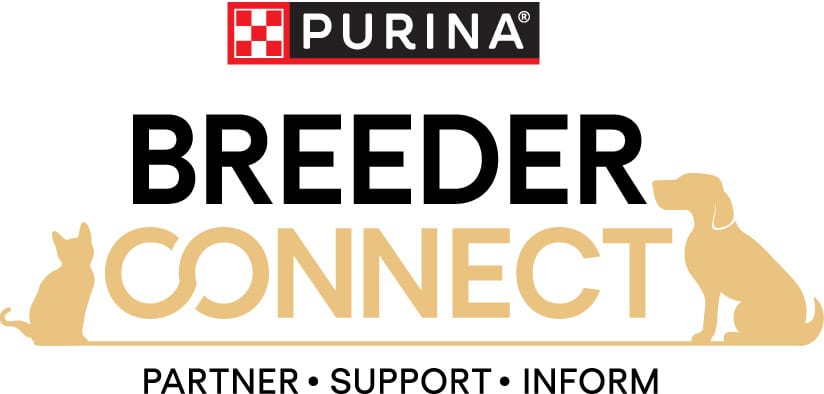On Friday 15 September, UK Prime Minister Rishi Sunak declared that the American Bully XL is to be added to the list of banned breeds in the country by the end of 2023.
The announcement has not only sparked frustration and heartbreak across the dog world, but also re-opened a conversation around if outright banning of breeds is really an effective solution.
What exactly has been confirmed about the American XL Bully ban in the UK?
It’s important to note that the ban on XL Bullies is not law yet, as the government is still in the process of defining the breed type.
The proposed ban focuses on the type of dog, rather than the breed and prohibited dogs will be identified based on their appearance rather than breed name, genetics, or parentage.
The government has said it’s committed to working with experts to precisely define the American Bully XL type.
What does the ban on the American XL Bully mean for dog breeders?
For responsible breeders of American Bully XL type dogs, the proposed ban is obviously causing a lot of concern.
When the ban comes into force, owners of American XL Bullies will need to apply for a Certificate of Exemption to keep their dogs, and provide evidence that their dog is not a danger to the public and comply with rules around banned breed types.
Exempt dogs must be neutered, microchipped, kept on a lead and muzzled at all times when in public and kept in a secure place so they cannot escape.
Owners of XL Bullies must:
- Have third-party liability insurance against your dog injuring other people.
- Be over the age of 16.
- Show the Certificate of Exemption when asked by a police officer or council dog warden within 5 days.
- Let the Index of Exemt Dogs know if you change address or your dog dies.
In short, the ban places a more administrative burden on many breeders who already follow the law and go above and beyond for their dogs, all the while not looking at the root causes of the issues of aggressive behaviour in dogs, such as irresponsible ownership, lack of socialisation and poor training.
Cooper & Co Solicitors outline the proposed ban in depth in their 1-hour webinar:
Why banning specific breeds is not the solution
Breed identification.
It can be significantly challenging to accurately identify the banned breed. Dog breeds are visually similar, and it can be difficult to determine whether a specific dog belongs to the banned breed, which can lead to mistaken identifications and legal disputes.
Avoiding the root cause.
Breed-specific bans often fail to achieve their intended goal of reducing dog attacks and improving public safety. A breed ban doesn’t address the root causes of aggressive behaviour in dogs, such as irresponsible ownership, lack of socialisation and poor training.
Shift to other breeds.
The effectiveness of the ban is further undermined by owners and breeders of the banned breed “switching” to other breeds that aren’t banned but have similar behavioural traits. Again, it does not tackle the root cause of the issue.
Unfair stigmatisation.
As the focus on the XL Bully and previous breeds on the UK’s Dangerous Dogs list has shown, breed bans unfairly stigmatise specific breeds and many dogs of these breeds are well-behaved and pose no threat to public safety.
Resource allocation.
Enforcing breed-specific bans diverts resources and attention away from more effective strategies for promoting responsible dog breeding and ownership.
Impact on responsible breeders and owners.
Responsible breeders and owners who already go above and beyond for their dogs are faced with additional regulations and requirements, such as insurance, applying for exemption and mandatory muzzling, even if their dogs have never exhibited aggressive behaviour. This can be burdensome and unfair.
Animal welfare concerns.
Breed bans can result in the abandonment and euthanisation of healthy dogs, due to their breed, which raises ethical and animal welfare concerns as well as putting pressure on animal shelters and rescue organisations.
In fact, the Dog Coalition, consisting of various organizations including RSPCA, Blue Cross, Battersea, Dogs Trust, Hope Rescue, Scottish SPCA, The Kennel Club, and the British Veterinary Association, has long advocated against breed-specific bans, emphasising that banning specific breeds is not an effective solution.
In the case of XL Bullies, the coalition argues that the focus should be on irresponsible breeders and owners whose dogs are dangerously out of control. They suggest promoting responsible dog ownership and training as more effective measures. Additionally, they express concern about the lack of data behind the decision to ban XL Bullies and its potential impact on preventing dog bites.
Breedera’s stance on the American XL Bully ban
Our mission at Breedera is to relieve responsible breeders from administrative overwhelm and – ultimately – make the world a better place for pets and their loving families.
Bans like this do nothing to help anyone. They only add further stress, heartbreak and fragmentation in the community.
Already, we’ve seen countless misinformation about the breed and the ban circulating.
In sharing this post, we aim to offer just a tad of balance, information and relief to those who may be affected.
Keep up to date with this story:
- GOV.UK – https://www.gov.uk/government/news/government-to-ban-american-xl-bully
- Cooper & Co Solicitors – https://doglaw.co.uk/
- And, join our Dog Breeder Community, where we’ll be doing our best to share the latest info. https://www.facebook.com/groups/wearebreedera














By Courtney Farrow
Courtney supports Breedera with all our online content. Specialising in heart-led copywriting for purpose-driven brands, she is passionate about Breedera's mission to make responsible breeding practices easy and rewarding and champion more traceability and transparency in the pet industry.